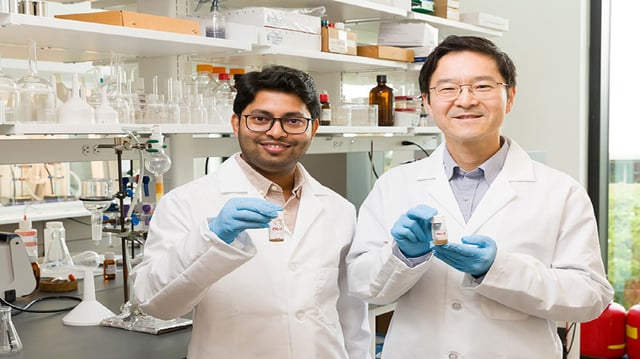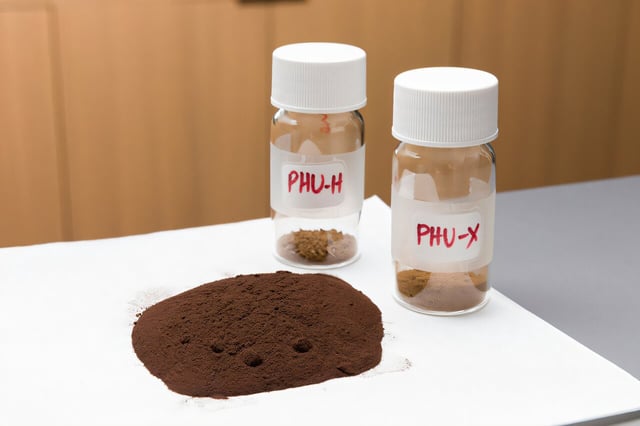Overview
- The lab-scale method, published June 30 in ACS Sustainable Chemistry & Engineering, converts lignin and captured CO₂ into non-isocyanate polyhydroxyurethane
- Testing shows the polymer delivers comparable strength, flexibility and thermal stability to conventional polyurethane and dissolves readily in common solvents
- The approach removes hazardous isocyanates, streamlines reaction steps and lowers energy requirements relative to traditional production
- Funding from the U.S. Army Research Office, South Korea’s Ministry of Trade, Industry & Energy and FSU’s Interdisciplinary Research and Commercialization Building fueled the project’s development
- The team is moving toward pilot-scale trials to validate scalability and explore commercial integration with pulp-mill lignin supply chains

